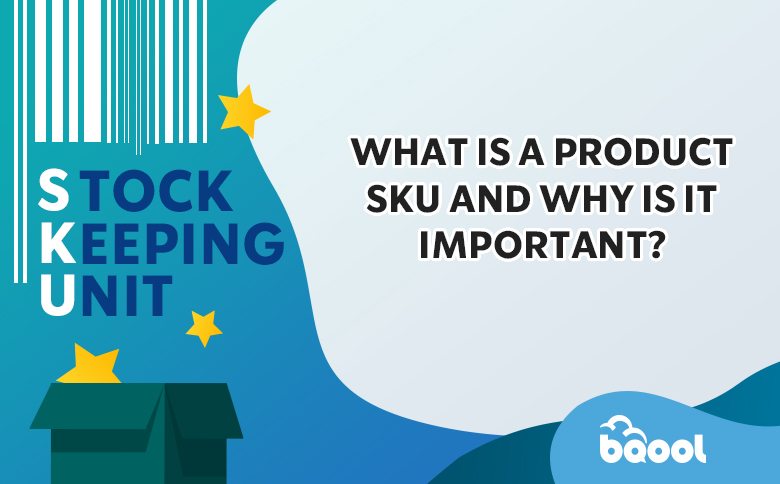What They Do in the Shadow: Amazon Seller Scams Exposed

While most Amazon sellers operate with integrity, it is important to know that unethical practices can sometimes occur on the platform. A small subset of sellers may resort to questionable tactics that violate policies and principles of fair competition. These could include misleading buyers, infringing on intellectual property, using black hat marketing ploys, or attempting to undermine legitimate businesses. Motivations behind such conduct can vary, from misguided efforts to gain an edge, to a blatant disregard for ethical norms. Regardless of the rationale, these behaviors undermine consumer trust and create an uneven playing field detrimental to honest sellers.
This article aims to shed light on various unscrupulous seller behaviors you may potentially encounter when reselling on Amazon’s marketplace.

1) Undercutting Competitors at All Costs with Predatory Pricing
This is a common trick employed by sellers to win the buy box at all costs and it represents an issue for resellers on Amazon. Some sellers, with the help of powerful repricing software, can deliberate tank the price on a listing to out compete everyone else when they have plentiful stocks acquired at very low prices. They are undercutting the buy box prices no matter what even if that means losing money! Undercutting every competitor is unnecessary for success on Amazon. The Buy Box can be shared among multiple sellers, allowing all to make a decent profit. Undercutting may seem tempting for a short-term boost, but it ultimately undermines the long-term health of the ecosystem and erodes profitability for all sellers.
2) Sabotaging Competitors Through Fake Reviews
Unfortunately, some people resort to unethical tactics to gain an advantage over their competitors. Typically, the unscrupulous seller will purchase the competitor’s product solely to leave a deliberately negative review, aiming to undermine the seller’s standing and perception in the eyes of potential buyers. Worst case scenario, Amazon may remove your product listing if it receives an influx of negative reviews or suspend your seller account.
3) Suspending Competitors’ Accounts with False Infringement Claims
Another major issue sellers face on Amazon is competitors filing fake complaints about infringement or policy violations and Amazon is known for acting quickly to suspend or terminate sellers’ accounts, including major brands, based on dubious infringement or violation claims. This raises concerns about Amazon’s processes for investigating these claims thoroughly. It also highlights how unethical competitors can potentially abuse the system to eliminate fair competition unfairly. Getting suspended or terminated, even wrongfully, can severely damage a seller’s business and reputation on Amazon.
4) Hijacking Product Listing Content and ASIN
Listing hijacking on Amazon involves unauthorized sellers adding their products to an existing seller’s listing page. Rather than offering the legitimate item, these hijackers peddle counterfeit or subpar versions at cut-rate prices. This unethical practice allows them to poach sales from the original seller by undercutting them on the same product listing.
If you suspect listing hijacking, contact Amazon with solid evidence. After reporting the hijacker, Amazon will investigate and potentially remove the hijacked listing and suspend the offender’s account, a process that can take several days or weeks.
- Tips for effective reporting:
- Provide specific details like ASIN, title, and description.
- Include proof like screenshots and emails.
- Be clear and concise
- Buy the counterfeit product of the unscrupulous seller

How Can I Protect Myself Against Hijacking or Infringements?
While Amazon’s Brand Registry is designed to prevent unauthorized sellers from modifying product detail pages, some brands have reported that the measures taken by Amazon to protect against listing hijacking have been insufficient. Rather than taking proactive steps to address the issue, Amazon has, in some cases, suggested that the legitimate seller test buy which means purchasing the products from the hijacker store and report the hijacker to Amazon if there is a case to be made.
One factor contributing to this problem is that many products in the Brand Registry are manufactured in China. This makes it easier for hijackers to obtain and resell these products through hijacked listings on Amazon, as they can readily access the same supply chain as these legit sellers.
Ultimately, while Amazon’s proactive intervention could potentially benefit sellers and bolster consumer trust, the company’s track record and recent strategic direction suggests that sellers should not hold unrealistic expectations of unwavering support from the e-commerce giant. Instead, sellers may need to explore alternatives to protect their interests within the Amazon ecosystem.

While the Amazon marketplace presents immense opportunities, it is essential to remain vigilant against unethical practices that undermine legitimate businesses. Proactive measures from Amazon, coupled with ethical conduct from sellers, are crucial to upholding fair competition and maintaining consumer trust in the platform. A collaborative effort towards transparency and accountability can foster a thriving ecosystem that benefits everyone.








